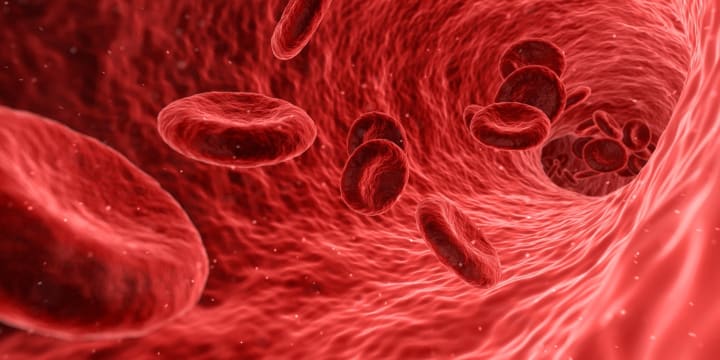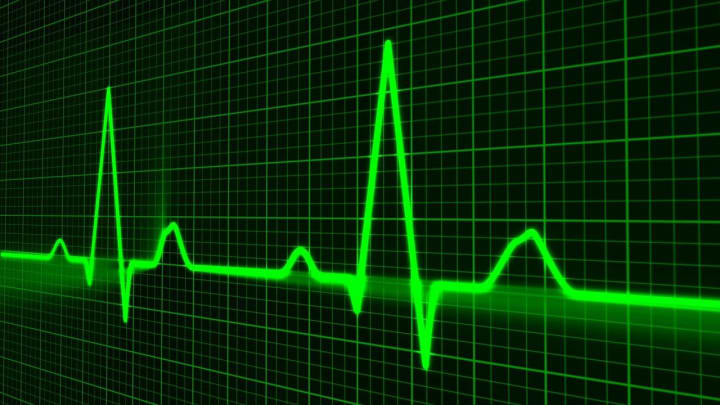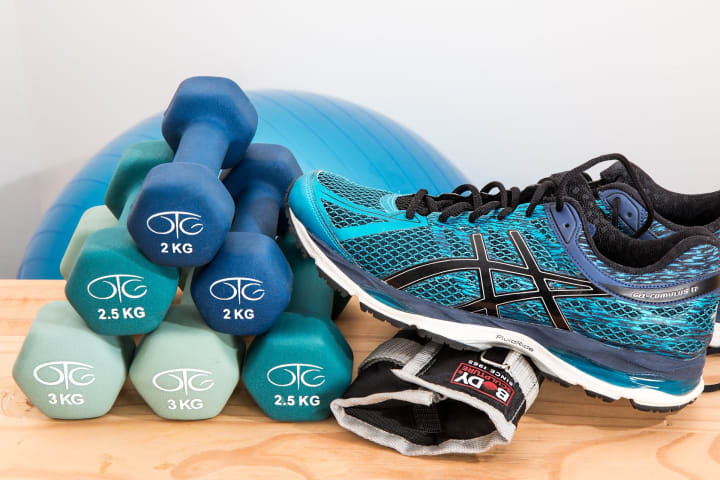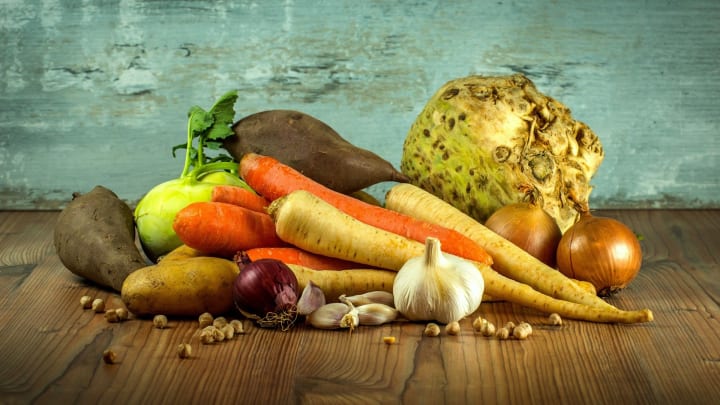
What is cholesterol ?
Cholesterol is a lipid (fat) produced by the liver and contained in our diet. Cholesterol is necessary for good health since it performs a variety of tasks that are required for your body to function properly.Cholesterol is a type of essential fatty substance found in every cell of the human body. It contributes to the integrity and stability of cell membranes and serves as a starting material for the production of a wide range of hormones. The liver and intestine manufacture the majority of the cholesterol in the blood, which is then transported into the bloodstream via transporters. Lipoproteins, of which there are two types: low density lipoproteins and high density lipoproteins, are the transporters that correspond to "bad" and "good" cholesterol. Because cholesterol is not soluble in water or blood, it must be linked with these molecules.
Good cholesterol and bad cholesterol:

Cholesterol must bind to "transporters," which can be good or bad cholesterol, in order to circulate through the circulation. Cholesterol is required by our bodies. Balance is defined as having as much good cholesterol as feasible while having as little bad cholesterol as possible. Without getting too technical, keep in mind the following:LDL cholesterol is a type of bad cholesterol.The excellent cholesterol is H.D.L. (high-density lipoprotein).Total blood cholesterol should be between 1.8 and 2.0 g/l, which indicates a minimal risk of heart attack. However, good cholesterol must be larger than 0.35 g/l, and bad cholesterol must be less than 1.6 g/l.It's important to note that the total cholesterol level is equal to the sum of the good and bad cholesterol.
What are the causes of cholesterol increase?
There are five main reasons of high blood cholesterol, often known as hypercholesterolemia:A genetic origin and a family: It is frequently emphasized that while it is not automatically passable from generation to generation, it is observed with a large predominance within the same family.Taking specific medications: This may result in an increase. Oral contraceptives have been singled out, although other medicines such as diuretics, cortisone, and others could also be to blame.Some diseases include: They can cause hypercholesterolemia or be identified as a result of a hypercholesterolemia test. Kidney, thyroid, and diabetes disorders are examples.A bad way of life: Hypercholesterolemia can be caused by a diet that is excessively high in fat and is accompanied by obesity.Lack of physical activity: Sport might help you balance your good and bad cholesterol levels.

How can you lower your cholesterol?
The purpose of cholesterol-lowering medication is to lessen the risk of heart disease and stroke. It is determined by the lipid readings acquired during the blood test, as well as the presence of additional risk factors for heart and vascular disease. Treatments are divided into two categories:

- Non-drug treatment
When you have high cholesterol, the first thing you should do is look at your food and how often you exercise. Indeed, a well-balanced diet low in fat and high in cholesterol can help to lose weight and restrict saturated fat intake. Long-distance running, brisk walking, and swimming are endurance sports that lower LDL cholesterol while slightly raising HDL cholesterol levels.
- Medical attention is required:
If a change in lifestyle isn't enough to lower cholesterol levels, or if the patient has risk factors for cardiovascular disease (family history, established cardiovascular disease, age, arterial hypertension, smoking...), drug therapy should be explored. In this instance, you must adhere to your doctor's treatment recommendations.
The cholesterol-lowering diet:
This is the initial stage in the healing process. A healthy diet can lower blood cholesterol by 10% to 15%. This is more than a diet; it's a new way of eating that emphasizes the pleasure of the dish. The rules are frequently straightforward:
Avoid fats, red meats, fatty dairy products, and cold meats, as well as dietary cholesterol sources like eggs.Fried meals, donuts, and frying oils should all be avoided.Sunflower, olive, and rapeseed oils are recommended.Boost the effectiveness of Omega 3 and Omega 6 products.Consume a greater amount of fish than normal.Increase the amount of fruits and vegetables you eat with each meal until you're getting at least five fruits and vegetables each day.

What are the best exercises for lowering cholesterol?
Sport, or physical activity in general, alters cholesterol levels in a way that is always beneficial to cardiovascular and vascular risks, by lowering bad cholesterol and, more importantly, boosting good cholesterol. However, for physical activity to be beneficial, the effort must be sustained for a long period of time, be intense, and be repeated.

Consult your doctor before beginning or restarting physical exercise so that he can give you the go-ahead and, more importantly, advise you on how to do it properly. Don't forget about dietary guidance, appropriate practices with the right equipment and good shoes, and starting slowly in groups if possible. Brisk walking, cycling, jogging, and swimming are some of the sports that are recommended while keeping cardiac standards in mind.
We can then conclude:
Living well, eating well, being in good shape, reducing the cardiovascular risk by lowering your cholesterol level is possible, the recommendations to remember are as follows:





Comments
There are no comments for this story
Be the first to respond and start the conversation.